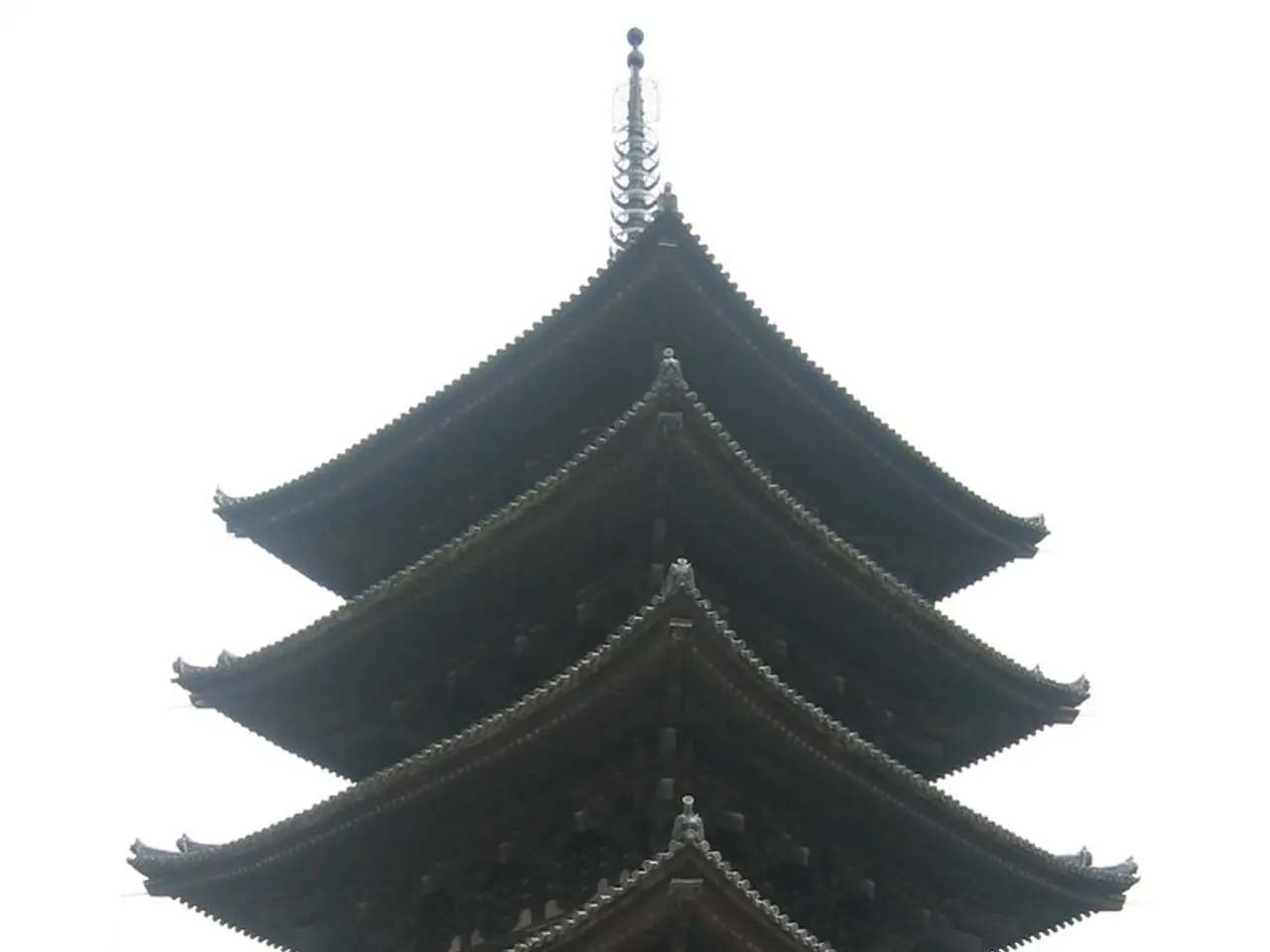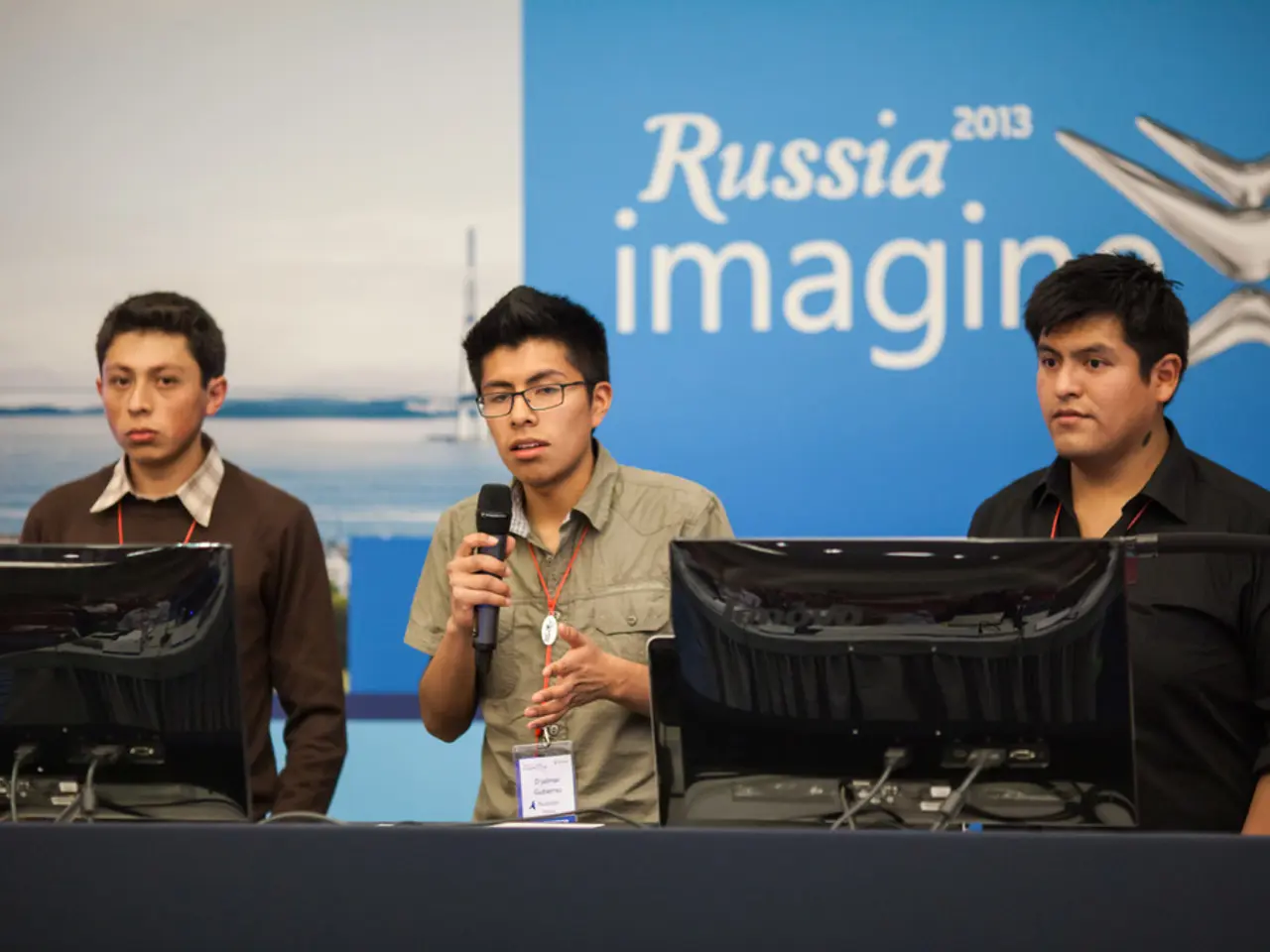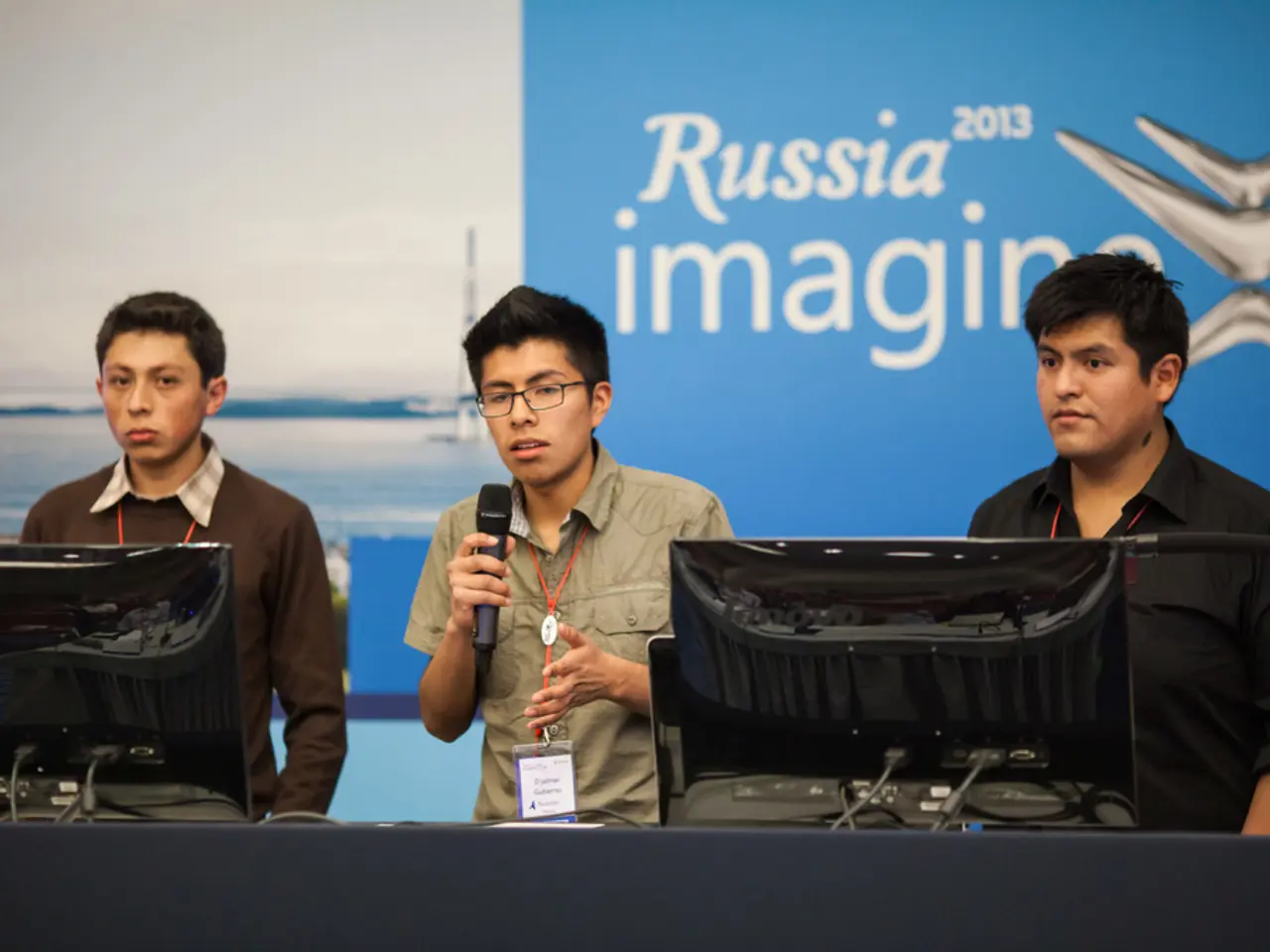Europe's Ties with China: Is it Time to Limit Resources?
Tense and Fragile: The State of EU-China Relations in 2025
The relationship between the European Union (EU) and China in 2025 is marked by a complex interplay of economic interdependence, strategic mistrust, and geopolitical rivalry. Despite celebrating the 50th anniversary of diplomatic relations at the EU-China summit on July 24, the partnership between the two powers remains strained[1][3][5].
Initially, the EU welcomed China's economic development, viewing it as an opportunity for mutual growth. However, over time, the EU has come to recognise unforeseen consequences for European citizens, with growing skepticism and criticism regarding China's economic practices and geopolitical actions[1][4].
Economically, the EU faces a significant trade deficit with China, reaching €305.8 billion in 2024. This deficit is attributed to Chinese industrial overcapacity, state subsidies, and export controls on critical minerals like rare earths, which China is seen as "weaponizing"[1][5]. Additionally, market barriers for European firms and retaliatory tariffs by China on European goods have led to increased protectionist measures and probes by the EU on Chinese exports such as electric vehicles and green technologies[1][5].
Strategically and geopolitically, China's continued close engagement with Russia amid the Ukraine war and refusal of the EU’s diplomatic overtures reflect deep geopolitical disagreements[1][5]. The EU is cautious towards China’s unpredictable behavior and its growing alliance with other global powers like Russia, contributing to a multipolar and competitive global order[2][5].
Despite these tensions, the EU and China maintain some cooperation efforts, notably in climate change and energy transition technologies, which remain areas of mutual interest amid great-power rivalry[1][3].
Looking ahead, the future outlook suggests continued complexity with limited immediate breakthroughs. The EU defines China simultaneously as a partner, competitor, and systemic rival, acknowledging the need to balance cooperation with cautious defense of its economic and strategic interests[5]. External factors—especially the EU’s relations with the United States and the broader geopolitical contests involving Russia and other regional powers—will heavily shape this dynamic[3][4][5].
The fragile EU-China relationship adds uncertainty to the global system, increasing complexity for conflict resolution, trade stability, and cooperative global governance, thereby heightening the risk that regional disputes escalate more broadly[2][4]. Recent developments such as China's control over its critical resource exports and tensions in the relationship between Taiwan and Lithuania do not bode well for the future of Sino-European relations.
António Costa, President of the European Council, emphasized the importance of the EU-China relationship for the world, highlighting the EU's agreement with China on the shared responsibility to support multilateralism and a rules-based international order[5]. However, the unpredictability of China's actions makes cooperation between the EU and China extremely difficult.
The Chinese mainland initially relied on multilateral organizations' rules to keep it in check, but Beijing showed no intention of passively adhering to these rules. Costa reiterated the EU's view that China, as a permanent member of the United Nations Security Council, plays a key role and bears significant responsibility in upholding the principles enshrined in the United Nations Charter[5].
In summary, EU-China relations in 2025 are marked by deep ambivalence: extensive economic ties coexist with strategic mistrust and geopolitical rivalry. This relationship is both a driver and reflection of an evolving, unstable, and multipolar global order with uncertain prospects for cooperation or conflict[1][2][3][5].
References:
- Euranet Plus News Agency
- The Diplomat
- European Union
- Council on Foreign Relations
- European Council
- The complexities of EU-China relations in 2025, characterized by economic interdependence, strategic mistrust, and geopolitical rivalry, delve into the realm of policy-and-legislation and politics.
- General-news outlets frequently report on the strained EU-China partnership, with ongoing disagreements over trade imbalances, market barriers for European firms, China's geopolitical actions, and its relations with other global powers like Russia.




